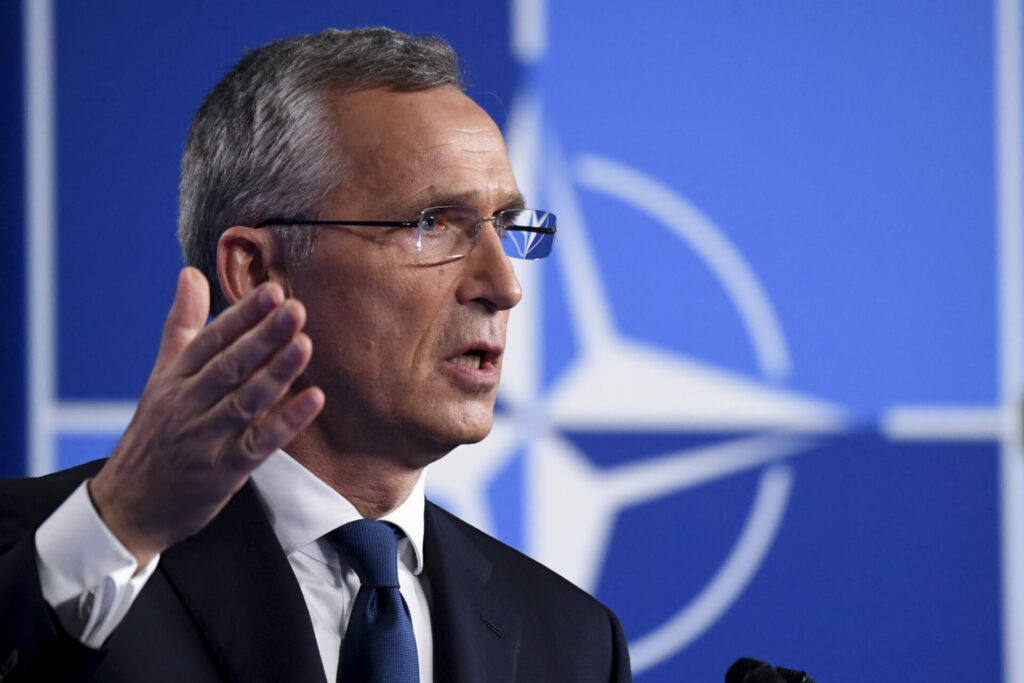NATO leaders have agreed to significantly ramp up their defence spending in the coming years in the face of the "challenges" posed by Russia and China and the ongoing threat of terrorism.
In a speech delivered on Wednesday at a press conference following a meeting of NATO Defence Ministers in Brussels, Secretary General Jens Stoltenberg stated that the alliance has "agreed to new guidance for NATO's defence spending [which] reflects the reality that we live in a more dangerous world".
According to NATO's current official "defence investment guideline", members should spend a minimum of 2% of annual GDP on defence. However, many NATO members' defence spending, including Belgium, still falls well below this threshold.
"When we meet this summer in July in Vilnius, we need to make a new pledge," Stoltenberg noted during the press conference's Q&A. He added: "We need immediate commitment to spend 2% as a minimum because when we see the needs for ammunition, for air defence, for training, for readiness, for high-end capabilities, it's obvious that that 2% defence spending is minimal."
Missing the target
According to an unnamed senior US official who spoke to Belga News Agency, NATO members' attitudes towards defence spending are broadly split between two groups. On the one hand, the US, Poland, and the Baltic countries are pushing for a more ambitious defence spending target of 2.5% of GDP; on the other hand, other NATO countries including Canada, Spain, Luxembourg, Italy, and Belgium argue that such an objective is "not appropriate" to their respective economies.
Indeed, despite agreeing at the alliance's Wales Summit in 2014 to "aim to move towards the 2% guideline within a decade", Belgium's defence spending has barely budged over the past decade: according to World Bank data, Belgium spent 1% of annual GDP on defence in 2014; today, it spends 1.1%.
Related News
- Belgium's defence budget should increase to 2% by 2035, says De Croo
- Sweden and Finland may not join NATO at once, says Stoltenberg
"We are not at 2%, but we are coming back a long way," Belgian Minister of Defence Ludivine Dedonder (PS) told l'Echo. "When I took over the department, we were at a level of spending of 1.02% of GDP. We're making progress. Our budget was at €3.2 billion, it should reach €9.1 billion in 2030."
Despite the planned increase in defence spending, however, Dedonder stressed that a 2% target is "not realistic" for Belgium — remarks which appeared to contradict previous comments by Prime Minister Alexander De Croo (Open VLD), who claimed last May that Belgium would aim to reach NATO's 2% target by 2035.

